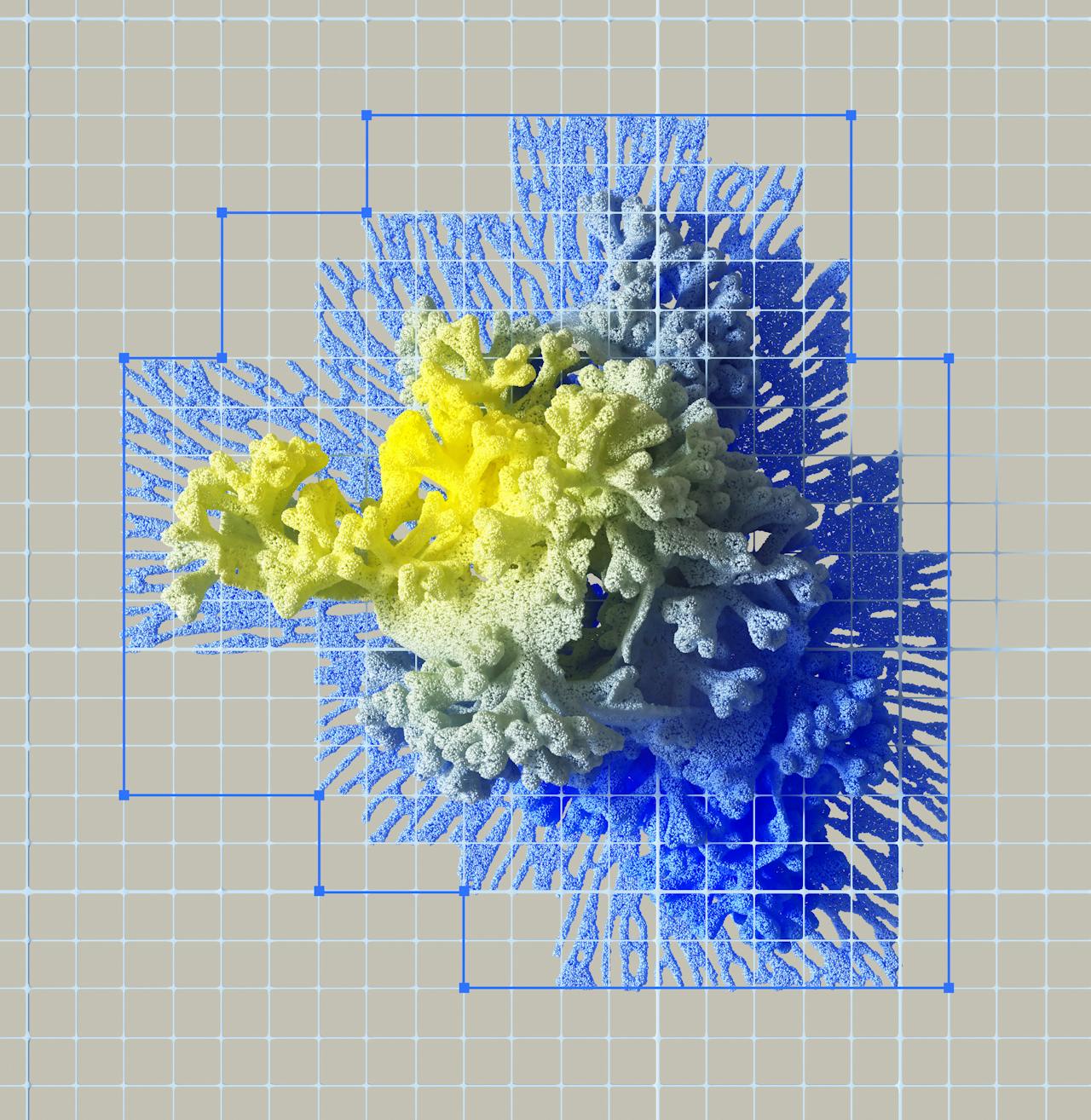Mastery Learning: A Scientifically Grounded Pedagogical Model
Mastery learning is a teaching methodology based on the premise that most students can achieve excellent levels of learning, provided that:
- Continuous feedback is available to monitor progress;
- Targeted corrective interventions are implemented to address learning difficulties;
- Enrichment activities are offered to challenge more advanced students.
Benjamin Bloom argued that by following this methodology, 90% of students can achieve the same levels of learning traditionally reserved for the top 20% of the class, thanks to targeted support and personalized learning.
Mastery learning is based on three central elements:
- Precise measurement of starting competencies: Each student begins from a defined starting point through an initial assessment.
- Clear and measurable goals: Students are guided toward complete mastery of key content areas.
- Differentiated support: Students receive additional support until they achieve full mastery of the content.
What is a Genetic Algorithm? A Scientific Explanation
A genetic algorithm is a type of optimization algorithm inspired by biological processes of natural evolution, such as natural selection and reproduction. These algorithms are used in various scientific fields to solve complex problems where an optimal solution cannot be directly found.
Fundamental Principles of Genetic Algorithms
Genetic algorithms operate through the following steps:
Generation of the initial population: A population of candidate solutions is created, represented by “individuals”, usually encoded as character strings or vectors of numbers.
Selection: The best individuals are selected based on a fitness function, which measures how well a solution solves the given problem.
Crossover: Two individuals are combined to generate new solutions (offspring), through a process similar to genetic reproduction.
Mutation: Small random changes are introduced into the new solutions to maintain genetic diversity within the population.
New generation: The old population is replaced by the new one, and the process is repeated until a predefined stopping condition is met.
This iterative cycle allows genetic algorithms to efficiently explore the solution space, gradually improving the quality of responses.
The Genius Algorithm in the Book in Progress AI System
Within the context of Book in Progress AI, the Genius algorithm implements a genetic algorithm to optimize each student’s learning path, dynamically adapting instructional content to their cognitive needs.
Feedback Cycle with Cost Function for Continuous Optimization
The Genius algorithm operates through a continuous cycle of assessment, adaptation, and improvement, inspired by the principles of mastery learning:
- Students solve exercises generated by the system to evaluate their knowledge, understanding, and reasoning ability.
- The results are collected and used to calculate a cost function, which measures the level of mastery achieved.
- The algorithm uses this cost function to continuously adjust the difficulty level of content and exercises, tailoring instructional material to the student’s needs.
- The cycle repeats continuously, enabling increasingly personalized and targeted learning.
This continuous feedback loop represents one of the central pillars of the approach adopted by Book in Progress AI.
Dimensions of Adaptation and Scalability
Genius continuously evaluates instructional content based on the following main dimensions:
- Level of abstraction: Indicates how abstract a concept is in relation to concrete reality.
- Complexity: Expressed as the number of concepts per paragraph.
- Number of visual elements: To facilitate visual and contextual learning.
These three dimensions form the current foundation of the Genius system, but they are modular and scalable, allowing new adaptation dimensions to be added as the pedagogical model refines and experimental data accumulates.
Experimental Testing in the 2025/2026 School Year
The Genius algorithm will be tested during the 2025/2026 school year to evaluate the effectiveness of the adaptive approach within mastery learning.
The experimental testing will have the following objectives:
- To verify the level of adaptation of the algorithm in response to students’ diverse cognitive needs.
- To assess student progress against defined mastery goals.
- To collect data to improve the cost function and expand the number of adaptation dimensions.
The results of the test will be monitored using clear and measurable indicators, such as the average time to achieve full content mastery and the number of corrective interventions required.
Scientific Conclusions
The Book in Progress AI system represents a convergence between established pedagogical theories and advanced evolutionary algorithms, demonstrating that learning can be not only personalized but also optimized in real-time through artificial intelligence models.
The Genius algorithm, inspired by the mechanisms of natural evolution, allows the learning process to be modeled as a unique evolutionary path for each student, where teaching strategies continuously adapt based on responses and recorded progress.
Implications for the Future of Learning
The Book in Progress AI project not only demonstrates the technical feasibility of mastery learning at scale, but also provides a robust scientific foundation for using artificial intelligence in personalized learning.
Upcoming Articles
This article has provided an introductory overview of the crucial role played by the Genius algorithm in the Book in Progress AI system. In upcoming articles, we will further explore:
- The internal workings of the Genius algorithm and its optimization cycle.
- The evaluation models and fitness functions used in the system.
- Empirical results from pilot tests with real students.
- Pedagogical implications of large-scale adaptive learning.
